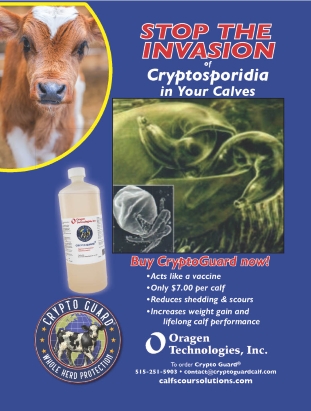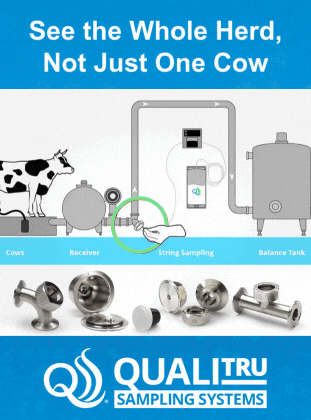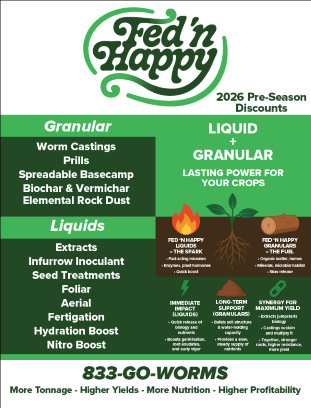Postpartum Dairy Research

POSTPARTUM RESEARCH SHOWS FERAPPEASE® REDUCES
HEALTH CHALLENGES AND PAIN LEVELS, IMPROVES MILK PRODUCTION
COLLEGE STATION, Texas (July 17, 2025) — In a recent University of Florida postpartum study by Santos et al. (2025)*, researchers evaluated the effects of applying a single dose of FerAppease®. FerAppease® is a unique analogue of the naturally occurring Maternal Bovine Appeasing Substance (mBAS) – on health, pain and milk production.
The study showed FerAppease treatment at freshening reduced metritis by 54.9%. When compared to the placebo group, decreased fresh cow morbidity by 11.3%. It reduced the number of cows with multiple diseases in the first 60 days postpartum by 50%, and lowered pain scores by 29%. In addition, FerAppease-treated cows produced 4.94 more pounds of milk per cow per day at four weeks fresh. Research data was presented at the 2025 American Dairy Science Association annual meeting and will be published in the Journal of Dairy Science.
“The trial evaluates disease incidence in early lactation, including metritis, mastitis, lameness, digestive disorders and respiratory disease. It also evaluates behavioral modulation, pain scores, cortisol concentration and markers of inflammation. Daily milk yield also was tracked during the entire lactation period. It emphasized the early lactation phase,” says Dr. José Eduardo P. Santos. Santos, is a Professor in the Department of Animal Sciences at the University of Florida and the study’s lead investigator. “Key results include a 54.9% reduction in metritis incidence among cows treated with FerAppease, decrease in incidence of clinical mastitis, and higher daily milk yields during the first 7 weeks post-calving. Treated cows also exhibit lower pain scores, potentially indicating improved welfare and metabolic resilience. These improvements were consistent across farms and parity groups.”
The study included 1,725 dairy cows, including 636 primiparous and 1,089 multiparous cows, from three California commercial dairy operations. Cows are blocked by farm and parity group. Within the farm, cohorts of primiparous and multiparous cows are randomly assigned to receive 15mL (10 mL to the muzzle and 5mL behind the poll) of either the mineral oil placebo treatment (CON: 44 cohorts, 816 cows) or FerAppease (44 cohorts, 909 cows). Treatments are applied topically within 12 hours of calving.
“The objective of the study was to determine if FerAppease, a mixture of fatty acids resembling the composition of bovine pheromone that has been proven to attenuate responses to stress in cattle, could reduce disease and improve wellbeing of early lactation dairy cows,” says Dr. Rodrigo Bicalho, D.V.M, FERA Diagnostics & Biologicals founder and CEO. “This large multi-farm study proves that using FerAppease can be an effective strategy in reducing fresh cow diseases and improving milk production across all parities.”
All ingredients in FerAppease are FDA approved under GRAS (Generally Recognized as Safe), its use does not require a veterinarian’s prescription or a Veterinary Feed Directive plan, and there are no meat withholding requirements.
To learn more about FerAppease and this study, review additional research and to place an order, visit: Ferappease.com/dairy/.
FERA Diagnostics & Biologicals is a privately held animal health company in College Station, Texas. Combining innovation and science, FERA introduced FerAppease to address the hidden health and economic costs of cattle stress.









